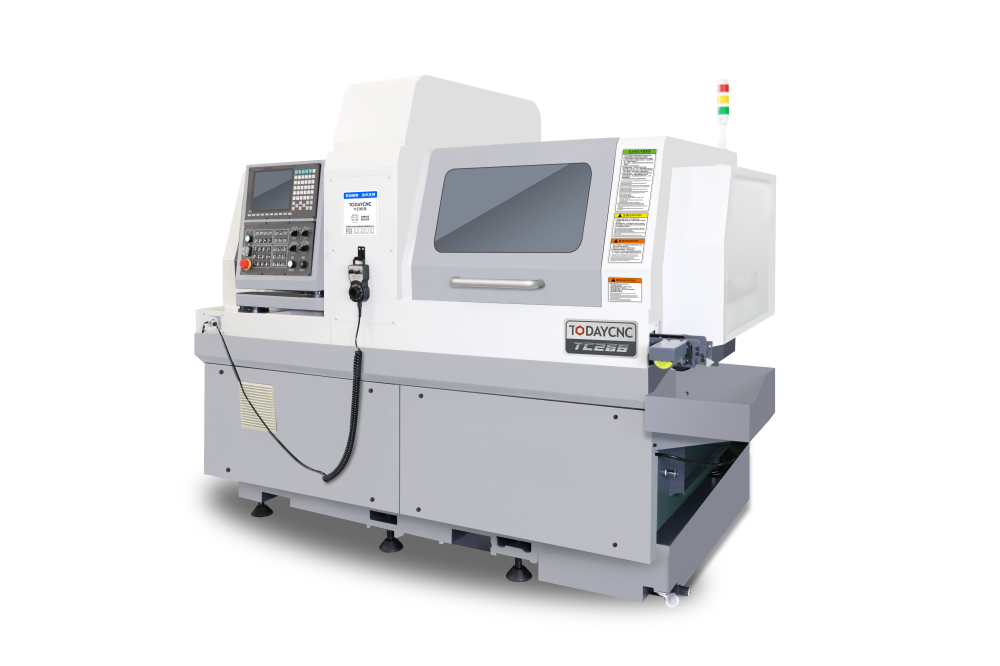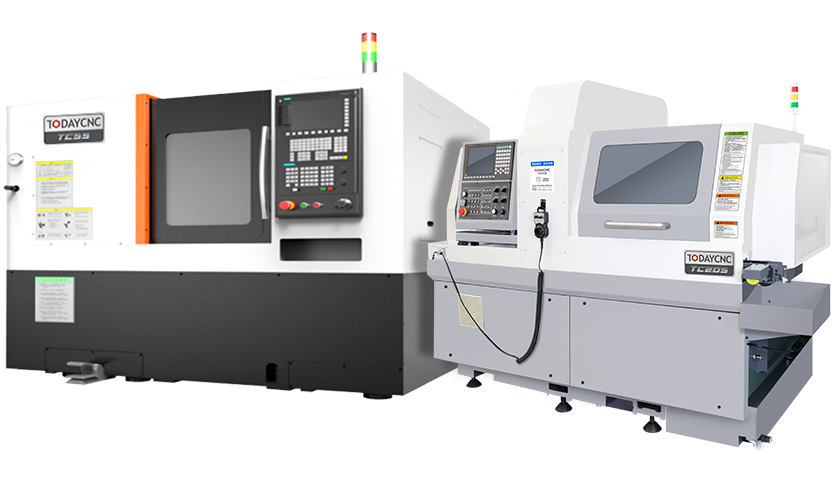Exploring the Precision of Swiss CNC Machines in Modern Manufacturing
Swiss CNC machines, renowned for their exceptional precision and efficiency, have become a pivotal tool within the manufacturing sector, particularly in the realm of machining. Originating from Switzerland, where they were initially developed for the watchmaking industry, these machines are designed to produce intricate components with tight tolerances, making them invaluable for various applications ranging from automotive to medical device manufacturing.
One of the standout features of Swiss CNC machines is their ability to perform multiple operations in a single setup. This is primarily achieved through their unique sliding headstock design, which allows the workpiece to be fed through the machine while simultaneously being machined. This method not only enhances productivity but also significantly reduces cycle times. Additionally, the design minimizes the risk of part deformation during the machining process, further ensuring the precision that Swiss CNC machines are celebrated for.
The versatility of Swiss CNC machines is another major advantage. They can handle a wide range of materials, including metals, plastics, and composites, making them suitable for diverse industries. Their capability to produce complex geometries and features, such as threads, grooves, and intricate contours, makes them ideal for manufacturing high-precision components. This versatility is crucial in a competitive market where customization and rapid prototyping are increasingly demanded.
Moreover, Swiss CNC machines are equipped with advanced control systems that facilitate sophisticated programming and automation. These systems allow for real-time adjustments and monitoring, ensuring that the machining process remains efficient and effective. As a result, manufacturers can achieve higher levels of consistency and quality in their production runs, which is essential for meeting stringent industry standards.
Additionally, the integration of Industry 4.0 technologies into Swiss CNC machines is transforming the way manufacturers operate. With the advent of IoT connectivity and data analytics, companies can track machine performance, predict maintenance needs, and optimize workflows. This not only enhances operational efficiency but also contributes to cost savings and improved product quality.
In conclusion, Swiss CNC machines represent a cornerstone of modern manufacturing, offering unparalleled precision, versatility, and efficiency. For professionals in the machining industry, understanding the capabilities and applications of these machines is vital for staying competitive in an ever-evolving market. By leveraging the unique advantages of Swiss CNC technology, manufacturers can enhance their productivity and deliver high-quality products that meet the demands of their customers.
One of the standout features of Swiss CNC machines is their ability to perform multiple operations in a single setup. This is primarily achieved through their unique sliding headstock design, which allows the workpiece to be fed through the machine while simultaneously being machined. This method not only enhances productivity but also significantly reduces cycle times. Additionally, the design minimizes the risk of part deformation during the machining process, further ensuring the precision that Swiss CNC machines are celebrated for.
The versatility of Swiss CNC machines is another major advantage. They can handle a wide range of materials, including metals, plastics, and composites, making them suitable for diverse industries. Their capability to produce complex geometries and features, such as threads, grooves, and intricate contours, makes them ideal for manufacturing high-precision components. This versatility is crucial in a competitive market where customization and rapid prototyping are increasingly demanded.
Moreover, Swiss CNC machines are equipped with advanced control systems that facilitate sophisticated programming and automation. These systems allow for real-time adjustments and monitoring, ensuring that the machining process remains efficient and effective. As a result, manufacturers can achieve higher levels of consistency and quality in their production runs, which is essential for meeting stringent industry standards.
Additionally, the integration of Industry 4.0 technologies into Swiss CNC machines is transforming the way manufacturers operate. With the advent of IoT connectivity and data analytics, companies can track machine performance, predict maintenance needs, and optimize workflows. This not only enhances operational efficiency but also contributes to cost savings and improved product quality.
In conclusion, Swiss CNC machines represent a cornerstone of modern manufacturing, offering unparalleled precision, versatility, and efficiency. For professionals in the machining industry, understanding the capabilities and applications of these machines is vital for staying competitive in an ever-evolving market. By leveraging the unique advantages of Swiss CNC technology, manufacturers can enhance their productivity and deliver high-quality products that meet the demands of their customers.
Related Blog














